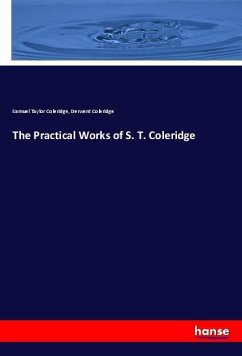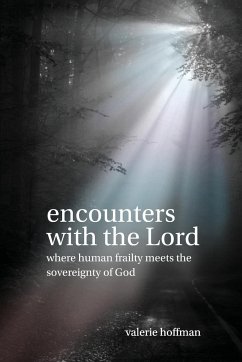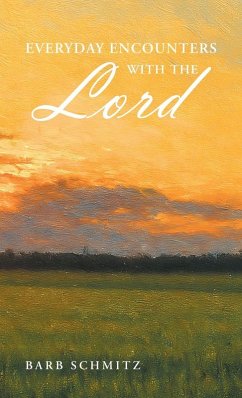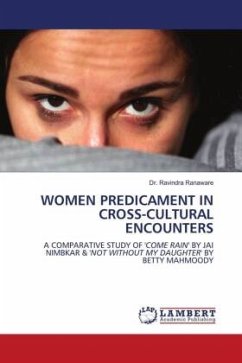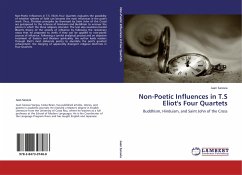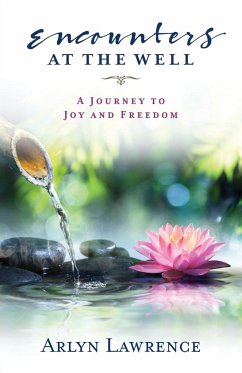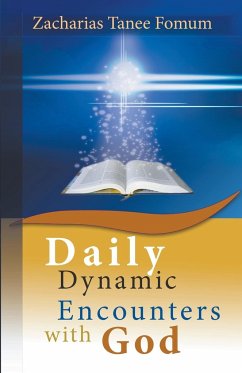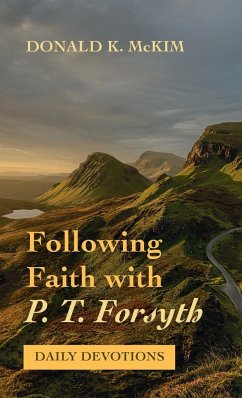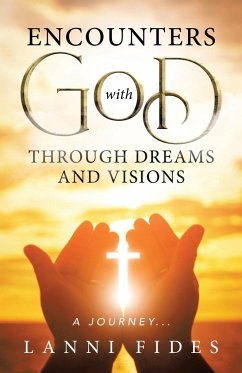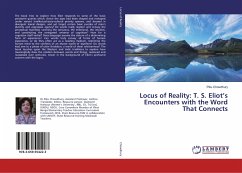
Locus of Reality: T. S. Eliot's Encounters with the Word That Connects
Versandkostenfrei!
Versandfertig in 6-10 Tagen
34,99 €
inkl. MwSt.

PAYBACK Punkte
17 °P sammeln!
The book tries to explore how Eliot responds to some of the basic persistent queries which, down the ages had been shaped and reshaped under variant intellectual-socio-cultural priority systems, and dressed in divergent lexical designs, and yet target certain basic puzzles of man's identity and expressive agency? Do words really register and convey the perceptual manifold, covering the sensuous, the emotional, the intuitive, and constituting the variegated universe of cognition? How far is cognition itself verbal? Does language assume the stature of a determining form of experience? Can words ...
The book tries to explore how Eliot responds to some of the basic persistent queries which, down the ages had been shaped and reshaped under variant intellectual-socio-cultural priority systems, and dressed in divergent lexical designs, and yet target certain basic puzzles of man's identity and expressive agency? Do words really register and convey the perceptual manifold, covering the sensuous, the emotional, the intuitive, and constituting the variegated universe of cognition? How far is cognition itself verbal? Does language assume the stature of a determining form of experience? Can words truly convey all forms of human experience, or do they often act as a resisting medium, restricting the human mind to the confines of an elusive world of signifiers? Do words lead one to a phase of utter thraldom, a world of sheer arbitrariness? The book touches upon the Western and Indic traditions to explore how meaningfully does the relation between words and things, reviewed and reassessed over centuries, tower in the background of Eliot's profound concern with the logos.



